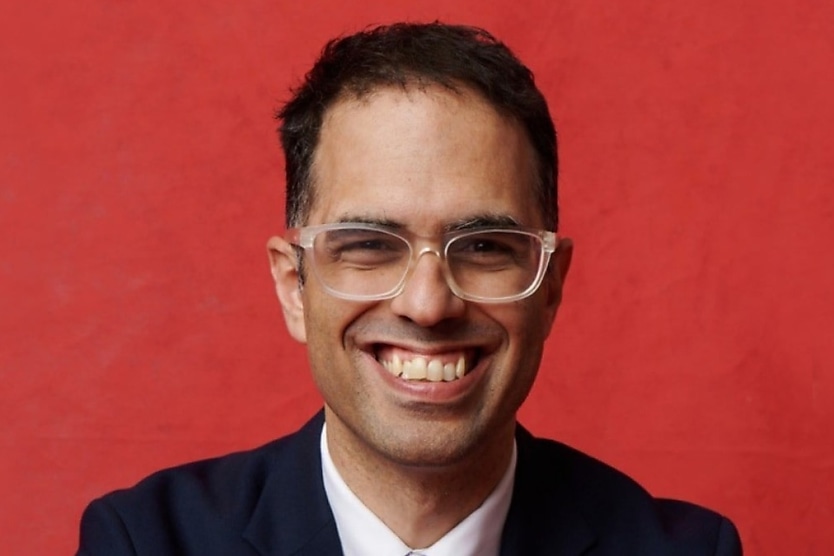NSW compensation reforms will ‘make it harder’ for injured workers, claims union
SHARE THIS ARTICLE

With the NSW government releasing the first look at its proposed legislation changes to the NSW workers’ compensation, the Public Service Association (PSA) has claimed the proposal is as they “feared”.
Potential reforms to the NSW workers’ compensation scheme are slowly becoming a contested battleground between business lobbyists and NSW unions. According to the NSW government, the status quo is failing workers and failing employers, who face premiums soaring by a forecast 36 per cent over the next three years if reforms aren’t implemented.
Speaking on the potential reforms, NSW Treasurer Daniel Mookhey said: “We must ensure that NSW has a workers’ compensation system for future generations to rely upon. The status quo is failing workers, and it’s failing businesses.”
Mookhey has referred an exposure draft to a parliamentary inquiry to further examine and seek feedback on the numerous reform options.
According to the PSA, these proposals “are not about fixing the system: they’re about cutting costs”.
In a media release, the union claimed: “The cuts start with the workers who need support the most. The proposed changes would make it harder for seriously injured workers to access long-term care and support for the mental health impacts of their work.”
The PSA claimed that the reform proposals seek to “force workers who suffer bullying in the workplace to go through lengthy and expensive legal loopholes to access treatment and support”. On top of that, they claimed that the reforms will make it “almost impossible for seriously injured workers to receive long-time care”.
“This isn’t workers comp reform. It’s a step backwards for every worker in NSW, especially essential workers who put their physical and mental health on the line every day. We’re fighting back. But we need your voice,” said the union in a message to their members.
On the other side of the aisle, Daniel Hunter, chief executive of Business NSW, has been a staunch supporter of the reforms, arguing that the “pendulum has swung too far”.
“We fully support the rights of injured workers to receive care, rehabilitation and fair compensation – that’s why Business NSW helped establish the workers’ compensation scheme more than a century ago,” said Hunter.
“But today the system is being misused – and it’s hurting both workers and businesses.
“Time away from work is a bad outcome for everyone – it is costly and leaves a business under-resourced. The evidence shows, however, that it can be very bad for a worker and their mental health to be disconnected from their workplace,” said Hunter.
Hunter believes the reforms are necessary, claiming the current model is not sustainable.
“We need this reform to make sure future generations of workers are protected and continue to have support of this critical scheme, and it has to be sustainable. The scheme was originally designed for physical injuries.
“Over time, that came to include many more circumstances reflecting the modern office. But the pendulum has swung a bit too far one way. It is simply too easy for people – even those who are being reasonably performance managed – to get workers’ compensation. There needs to be more quality control to ensure people are not put on the scheme when they should not be there,” said Hunter.
RELATED TERMS
An employee is a person who has signed a contract with a company to provide services in exchange for pay or benefits. Employees vary from other employees like contractors in that their employer has the legal authority to set their working conditions, hours, and working practises.
Kace O'Neill
Kace O'Neill is a Graduate Journalist for HR Leader. Kace studied Media Communications and Maori studies at the University of Otago, he has a passion for sports and storytelling.

